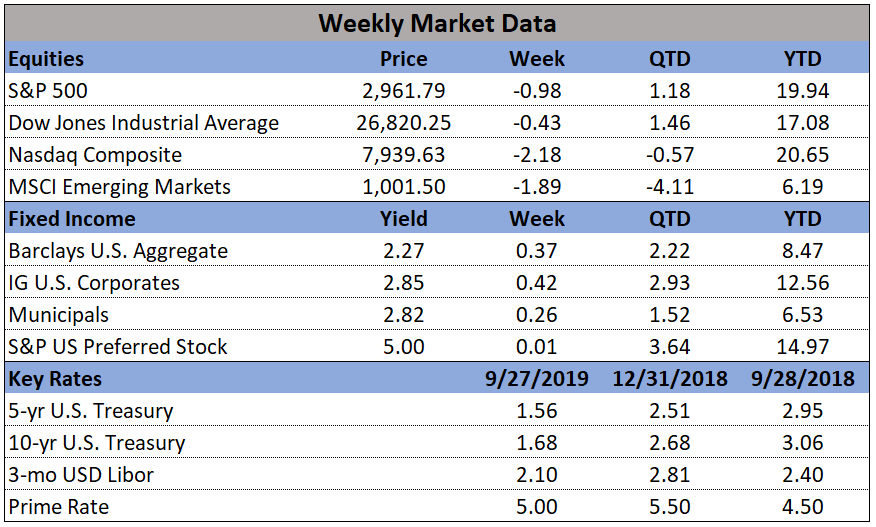When it comes to saving money, everyone has the best intentions, but most will never see the end of the tunnel. For anyone seeking financial independence or a comfortable retirement, money management is the keystone of your plans. The more stored energy you have, the better. These are a few mistakes you might be making while chasing your money goals.
- Buying fads
Bitcoin minted a few millionaires, it’s true, but almost 80% of investors finished the fad with negative account balances. This outcome is, sadly, the norm rather than the exception when it comes to fad investing. Often, by the time you have heard about it from a friend, the security is already overvalued. Remember the age-old adage “buy low, sell high”? That goes completely out the window when buying a stock on the advice of a friend who already made a killing on it. If a stock has already risen 10%, what is the probability it will rise another 10%? The answer: quite small.
When it comes to buying fads, remember these three things:
- Buy early and cheap or don’t buy at all
- What goes up, must come down
- Your friend’s return is not guaranteed to be your return
This does not mean you can never buy fads! In fact, I keep a small investment account specifically to buy the “stock of the moment”. This type of small-time investing can be very engaging and fun to take part in, but it should never involve your retirement account, savings, or emergency fund. Just remember that fads are incredibly high risk, and make sure to only invest money you are willing to lose.
- Investing without planning
We’ve all heard the saying “failing to plan is planning to fail”. Investing without a long-term goal will leave you running in circles trying to chase the market. A simple rule of thumb is this: “Never invest to make a quick dollar, use it to make a long million.” Set your financial and investment goals, purchase stocks and bonds that align with those goals, and let them marinate. Not only will you receive preferential tax treatment on long term gains, but you are much more likely to see a high return on investment.
- Not diversifying
By December 2018, the stocks were spiraling near a bear market and investor fear was rampant. For those invested only in stocks, their portfolios took a hit of between -15% and -40%. 2018 also saw several stocks fall more than 50% from their recent highs. Unlike the stock market, bonds such as TIPS, the US Treasury bond that adjusts for inflation, performed quite well at only a -1.5% loss. So how does one avoid losing half their investment in just three months? They diversify.
This seems like a no-brainer, but often investors will believe they are diversified when they are not. In equities, it’s often best to make sure to invest across multiple different industries, buying stocks of companies of different size and limiting any one holding to below 5% of the portfolio. Buying bonds of different maturities and different credit ratings is how one diversifies a bond portfolio. If an investor is risk averse, buying bonds with shorter maturities is safer, as interest rate risk increases with maturity. To chase a higher yield, buying the longer bonds is the way to go. When selecting bonds, make sure the bonds fit both your long-term goals and time horizon! Bonds usually compose the more conservative piece of the portfolio, but 10-20% of bond money can be used to buy riskier bonds to increase income and yield potential.
In general, if the stock portfolio is invested in more than 20 stocks (or a well-diversified ETF), it is considered diversified. Bond portfolios are a bit more complicated, but generally 50% in treasuries, 35% in corporates, and 15% in a junk bond ETF is a solid, diversified place to start.
- Overvaluing “net zero” wealth decisions
A common mistake for investors is overvaluing “net zero” wealth decisions. An example of a net zero decision is choosing to pay down credit card debt from a bank account balance. While many believe that this makes an investor wealthier, it does not in fact create any change in the investor’s net worth. To prove this, we use the simple accounting equation: Assets = Liabilities + Equity. If one uses Assets to pay down Liabilities, both sides of the equation decrease by the same value, rendering the change as zero.
Don’t get me wrong, payments like these are a good thing, particularly when one is paying high interest on debt. The only reason I bring this up is because transactions like this do not make you any wealthier. This is important because you cannot consider paying down debt a return on investment. Therefore, paying credit card debt out of the principal of an investment account is not a good decision. Use savings or bonus money to pay down debt, and make a conscious effort to pay debt (especially credit cards) early or on time to stay out of the red.
- Not consulting a professional
Attempting to manage your money by yourself is the most common investing mistake. Most investors have access to professional money managers at incredibly low fees! Even if you enjoy managing your own money, it is always recommended to get a second opinion. Most managers will provide this for free or for a very small cost, so you can benefit without being charged asset or commission fees. It is also possible to have a professional manager take care of the more conservative investments (retirement or money market accounts) while you focus your analytical energy on your more interesting, volatile portfolios.
Wrap-Up
In total, investing is a challenging and ever-changing vocation with many invisible facets and hidden bends. Successfully navigating the maze is crucial for the quality of your future, and the road to shrewd investing is paved with new lessons. Make sure to take what you can from these lessons, and get help if you need it! There are many whose entire lives have been dedicated to the job of growing your stored energy.
PLEASE NOTE: any and all of these recommendations will change based on your specific situation, goals, and time frame and cannot be construed as direct financial advice. The only goal of this blog is to disseminate investment information.








